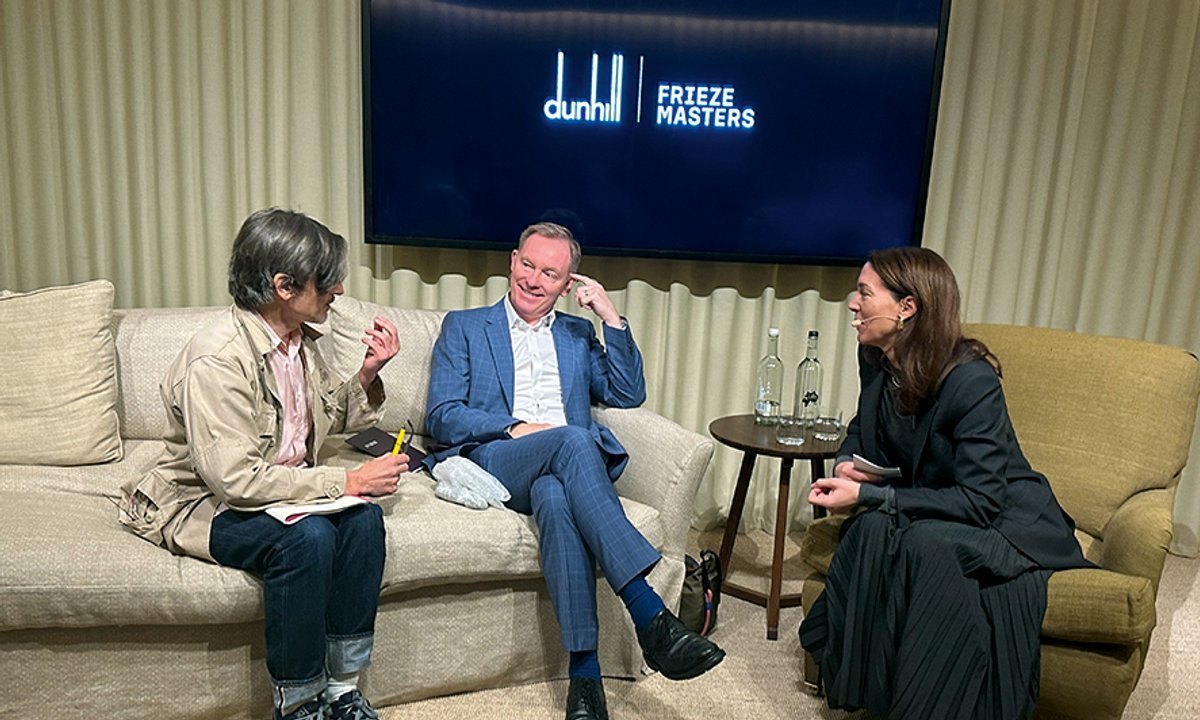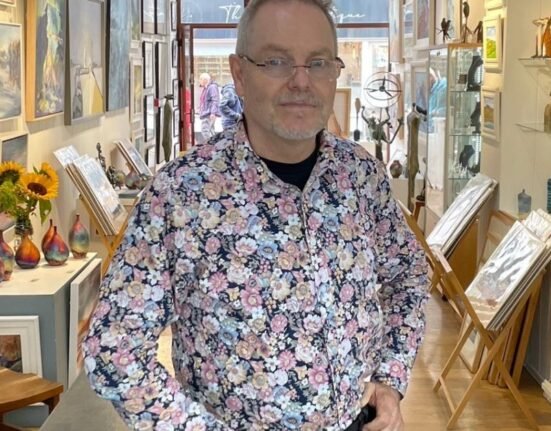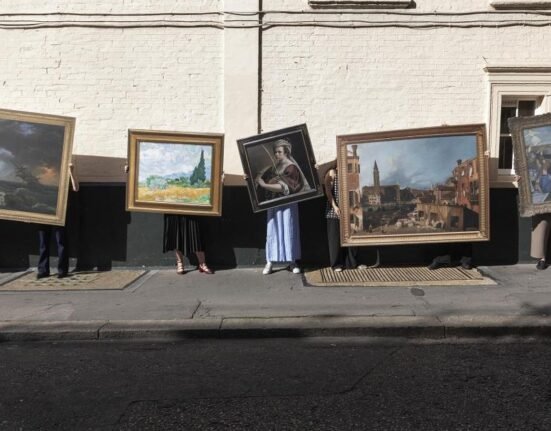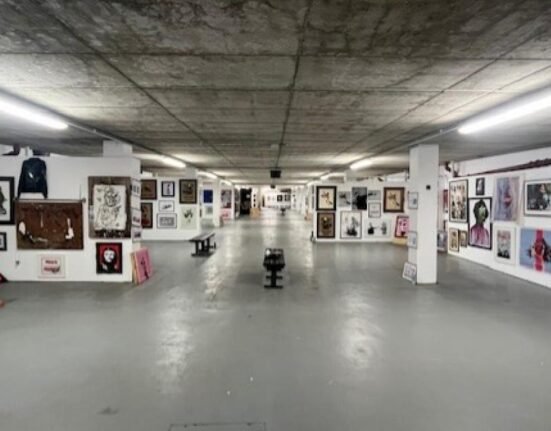The UK arts minister Chris Bryant was quizzed at a Frieze Masters talk yesterday about whether the Department for Culture, Media and Sport (DCMS) will receive a much-needed funding boost in the forthcoming Labour government budget on 30 October.
“I think we need to look at the whole package of how money gets into the creative industries,” said Bryant, including looking at how Arts Council England is funded as well as local government spending. “I don’t know where we will end up in the Spending Review [which concludes in spring 2025] but [the culture secretary] Lisa Nandy and I think of ourselves as the biggest advocates and champions for the creative industries.”
“When we were [last] in power funding for the creative industries came from direct grant-in-aid, Arts Council [funding], local authority funding, European Union funding, philanthropy—that mix is now completely different,” Bryant said. “Are there other ways we can be more creative about philanthropy in the UK so that it goes everywhere [in the country]?”
At the discussion, moderated by Victoria Siddall, the newly appointed director of London’s National Portrait Gallery, Bryant was asked how he will avoid the so-called “culture wars”—a strategy focused on cultural issues such as the validity of historic monuments—in light of the Tory leadership race between Kemi Badenoch and Robert Jenrick. “You’ve got two people who lead with their chins and both of their chins are made of very thin crystal… I think people are sick of that divisiveness.” He stressed also that he believes in the arm’s length principle, which ensures that national museums and organisations can operate independently without government interference.
Bryant also addressed the crisis in arts education in UK schools. “Every child needs a creative education. There has been a dramatic fall in the number of kids studying art and drama. We need to reverse that,” he said. The artist Jeremy Deller, another panellist, asked if such a strategy would be costly but Bryant bypassed the question. “I am passionate about people being able to make a career out of art,” the minister said.







